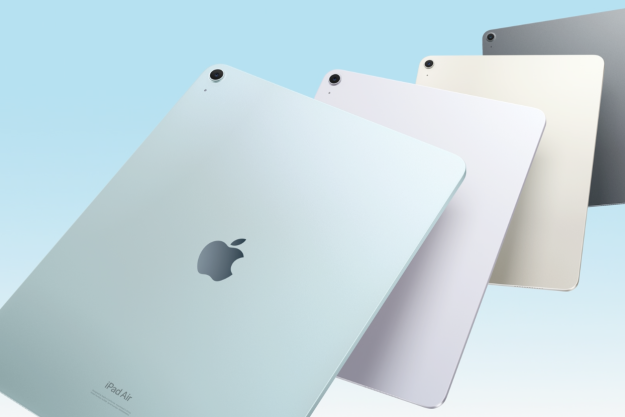
As texting has grown increasingly commonplace as the primary method of communication, so too have some of its grammatical norms. Replacing words with letters (why type out all three letters for “you” when “u” will suffice?) and using abbreviations like LOL have become so widely accepted that they’ve even worked their way into the dictionary. Indeed, the lexicon of the digital age is one that seems to ignore much of the grammatical conventions that have ruled for the last half of a millennium. But don’t worry, traditionalists. One thing is here to stay — the period.
“Periods are not dead,” computational linguist Tyler Schnoebelen told Time Magazine. Far from it, in fact, he said. “They’re actually doing interesting things.”
In sharing his reasoning with Time, Schnoebelen examined 157,305 of his own text messages that were sent and received between some 1,100 individuals over a seven-year period. And ultimately, while other texting conventions may have changed, the period remained in use (though perhaps with declining frequency).
Curiously enough, the longer the text, the more likely it was to end with a period, the linguist found. “While only 13 percent of messages that were shorter than 17 characters (about this length) ended in a period, 60 percent of messages that exceeded 72 characters got the period treatment,” Time reports.
Ultimately, punctuation serves as a sort of roadmap for readers, keeping them from getting lost. And if there are periods within the text, Schnoebelen found that the message was likely to end in a period as well.
Then, of course, there are also certain connotations that are now associated with periods, a phenomenon that was widely examined in the last year or so.
“Texts ending in a period, in Schnoebelen’s analysis, had a disproportionate amount of the words told, feels, feel, felt, feelings, date, sad, seems, and talk,” reported Time. “By contrast, many of the words that tended to show up in texts that did not end with a period were more casual kinds of speech: lol, u, haha, yup, ok, gonna.”
And because more casual messages often lacked periods, Schnoeblen also found that using punctuation established a sense of professionalism. “Punctuation is a way to convey standardness,” he said. “Not everyone who texts with you wants to be (or thinks they can be) colloquial with you.”
When do we really not use punctuation? Unsurprisingly, perhaps, in sexts. Because nothing kills the mood like a hard stop.
So in recognition of National Punctuation Day (yes, there really is a day for everything), and which took place yesterday, September 24, let us take a step back and appreciate the difference between its and it’s, your and you’re, and yes, that unsung hero — the period.

